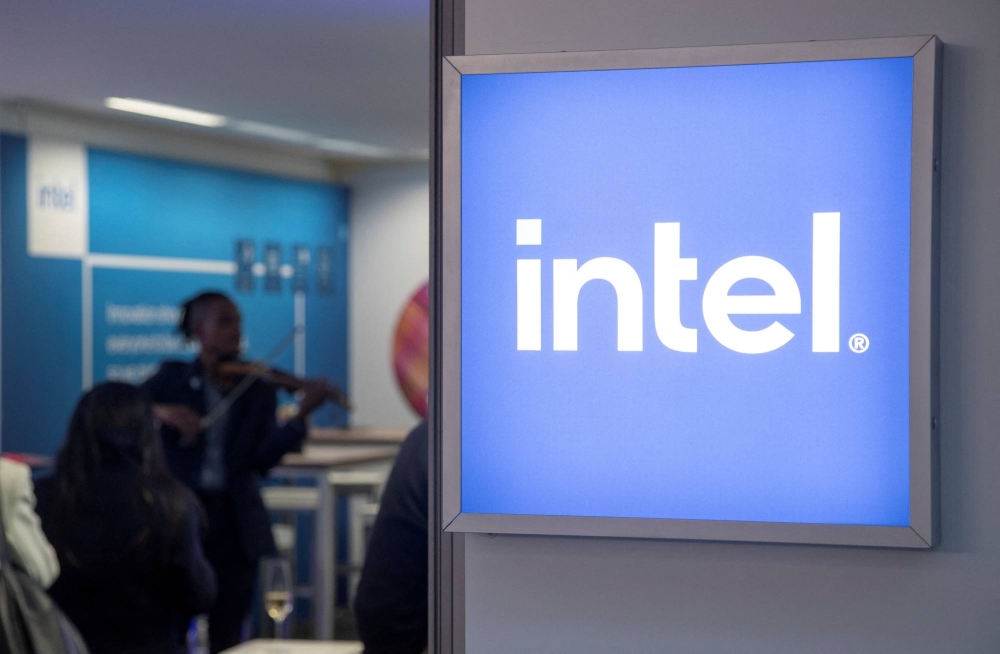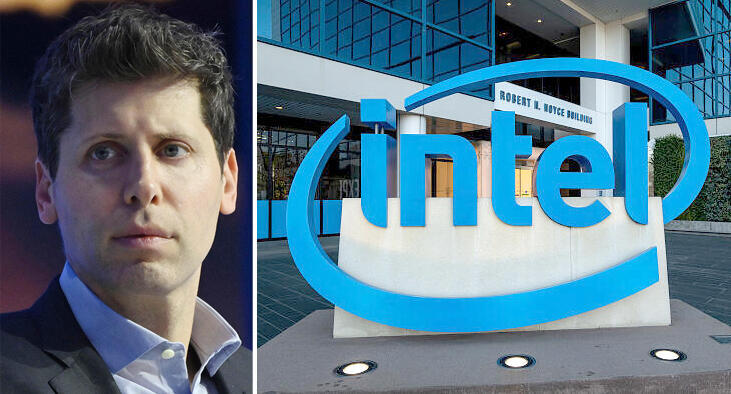
Intel’s missed opportunity to invest in OpenAI has surfaced as a pivotal moment in its struggle to keep pace in the AI era. Around seven years ago, Intel had the chance to acquire a stake in OpenAI, a nascent non-profit specializing in generative artificial intelligence. Discussions in 2017 and 2018 between Intel and OpenAI executives included a potential $1 billion cash investment for a 15% stake, with additional talks of Intel providing hardware at cost for an increased stake.
However, then-CEO Bob Swan doubted the market readiness of generative AI models, leading to Intel’s decision against the deal. OpenAI had sought Intel’s investment to reduce its dependency on Nvidia and develop its infrastructure. Yet, Intel’s data center unit’s reluctance to produce at cost also contributed to the deal’s collapse.

Intel’s rejection of the OpenAI investment, which has now evolved into a major AI player with the launch of ChatGPT and an estimated valuation of $80 billion, has remained undisclosed until now. This missed opportunity is part of a broader series of strategic errors that have plagued Intel, once a leader in computer chip technology.
Intel’s recent second-quarter earnings report resulted in a 25% drop in its stock price, marking its worst trading day since 1974. The company’s market value has dipped below $100 billion for the first time in three decades. The slogan “Intel Inside,” once synonymous with quality, now seems a relic as the company struggles to produce a competitive AI chip.
Intel is now overshadowed by Nvidia, valued at $2.6 trillion, which has successfully transitioned from gaming graphics to AI chips essential for systems like OpenAI’s GPT-4 and Meta Platforms’ Llama models. Additionally, AMD, valued at $218 billion, has surpassed Intel in the AI chip race.
Intel’s spokesperson referred to comments by CEO Pat Gelsinger, highlighting the forthcoming third-generation Gaudi AI chip, expected to outperform competitors and scheduled for launch in Q3 2024. Gelsinger also mentioned the development of the Falcon Shores AI chip, set for release in late 2025.
Microsoft’s 2019 investment in OpenAI has propelled it to the forefront of the AI industry, especially after the 2022 release of ChatGPT. According to industry experts and former Intel executives, Intel has been losing ground in AI for over a decade due to a lack of a cohesive product strategy.
Intel long believed in the superiority of CPUs over GPUs for AI tasks. However, GPUs, designed for parallel processing in gaming, proved more efficient for AI model training. Nvidia capitalized on this, refining GPU architecture for AI applications and developing necessary software.
Since 2010, Intel has made several attempts to break into the AI chip market, including acquiring startups Nervana Systems for $408 million in 2016 and Habana Labs for $2 billion in 2019. Despite these efforts, Intel has struggled to compete with Nvidia and AMD.
Intel’s data center business, encompassing its AI chips, is expected to generate $13.89 billion this year, significantly overshadowed by Nvidia’s projected $105.9 billion in data center revenue.
Featured Image courtesy of
